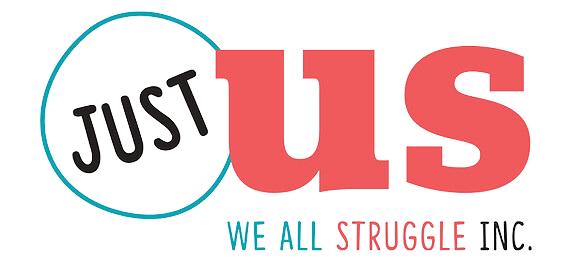Indigenous mental health resources in New Brunswick
Indigenous people in Canada face significant mental health challenges due to historical trauma from residential schools and colonial policies, leading to intergenerational trauma. Their loss of cultural identity and community connection further impact their well-being.
Effective mental health support for Indigenous communities requires culturally relevant, community-based solutions.
Below are mental health resources for Indigenous people in New Brunswick.
National Indian Residential School Crisis Line – 1-866-925-4419
This 24-hour crisis line provides former Residential School students support and access to emotional and crisis services.
Hope for Wellness Helpline - 1-855-242-3310
A 24/7 hotline offering immediate support and crisis intervention to all Indigenous people across Canada. An online chat option is also available. Hope for Wellness counsellors have diverse educational and professional backgrounds, knowledge on a variety of topics, and have demonstrated cultural competence.
MMIWG2S+ Crisis Line – 1-844-413-6649
A 24/7 crisis line for those impacted by the issue of missing and murdered Indigenous women, girls, Two Spirit, transgender, and gender-diverse+ peoples. Service is available in English, French, Cree, Anishnaabemowin (Ojibway), and Inuktitut.
Looking Out For Each Other Helpline – 1-833-MMI-FIND (1-833-664-3463)
The Looking Out For Each Other (LOFEO) Project is a community-driven project led by the New Brunswick Aboriginal Peoples Council in partnership with Gignoo Transition House that serves as a support, information, and referral service system to help families navigate various systems when a loved one goes missing.
Indian Residential Schools Resolution Health Support Program
This free program provides cultural and emotional support and mental health counselling services to Survivors of Indian Residential Schools and the families of former students.
Indigenous Services Canada offers various supports and resources for Indigenous mental health.
If you would like to learn more about our free and low-cost counselling program, click here.
